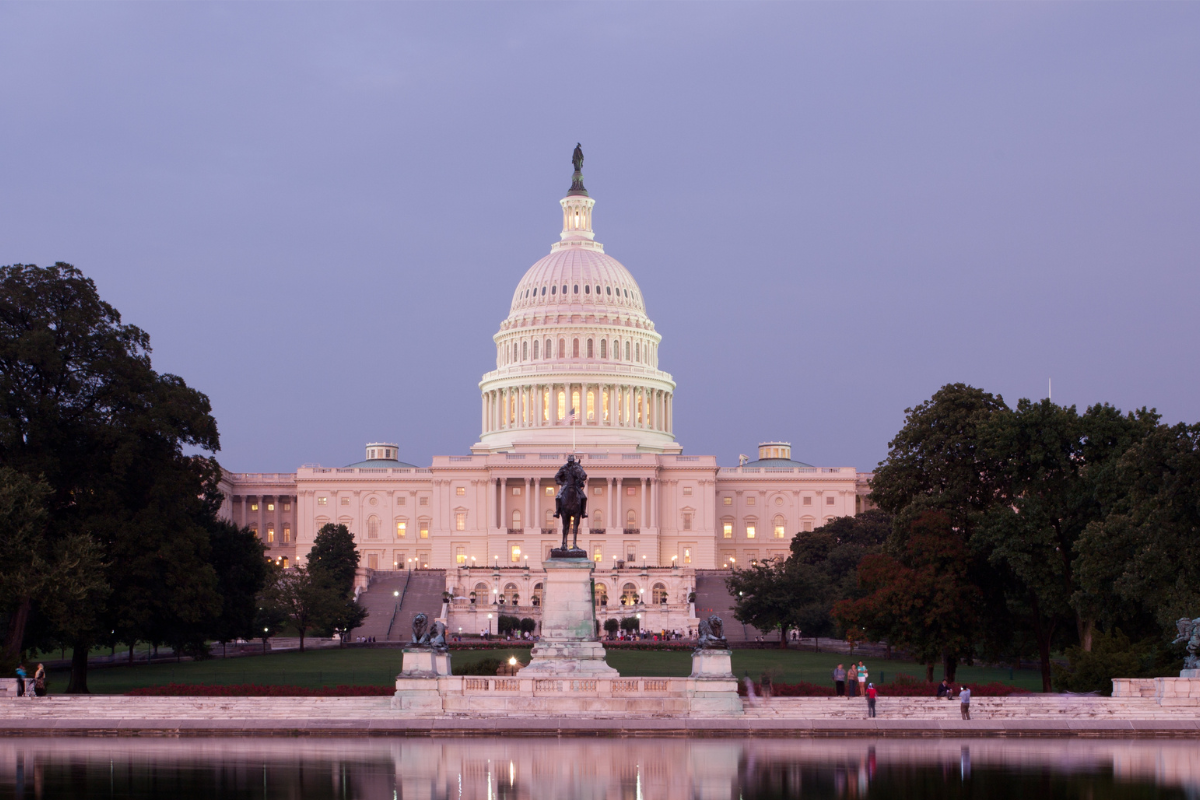
Complying with the PUMP Act
Employee experience aside, supporting nursing moms in the workplace is also a matter of legal responsibility. In December 2022 alone, two new U.S. laws extended the rights of pregnant and breastfeeding employees by putting additional mandates in place around lactation break times, compensation, and other accommodations. Below you'll find a quick overview of what you need to know about this new legislation and how we can help.
Note: Content in this article is for informational purposes only and is not intended as legal advice; read more by clicking the link below.
What is the PUMP Act?
The Providing Urgent Maternal Protections Act (commonly referred to as the PUMP Act) was passed into U.S. law as part of the 2023 omnibus spending bill. It extends the U.S.'s Fair Labor Standards Act (FLSA), providing employers with the following stipulations.
Break Times
Covered employees must be given a reasonable break time “each time” they need to express milk for one year after their child's birth. The frequency and duration of these breaks will vary depending on the needs of the nursing employee and the child. Factors such as location of the pumping space and pump setup time should also be accounted for. Telework employees are also eligible for these breaks.
Private Space
Covered employees must be provided with “a place, other than a bathroom, that is shielded from view and free from intrusion from coworkers and the public, which may be used by an employee to express breast milk.” Furthermore, that space must be functional and available for the employee. Telework employees must also be free from observation by any employer-provided video system.
Compensation
When an employee is using break time at work to express breast milk, they must either be completely relieved from duty or be paid for the break time. Further, when employers provide paid breaks, an employee who uses her break to pump must be compensated in the same way that other employees are compensated for break time.
Violations
As of April 28, 2023, an employer who violates requirements set by the PUMP Act will be liable for appropriate legal or equitable remedies under the FLSA. Remedies may include employment, reinstatement, promotion, and the payment of wages lost and an additional equal amount as liquidated damages, compensatory damages and make-whole relief, such as economic losses that resulted from violations, and punitive damages where appropriate.
How is the PUMP Act different from guidelines set previously?
While the requirements set by the PUMP Act sound similar to guidelines set by the Affordable Care Act of 2010, the PUMP Act has several key differences. The previous pumping law excluded most salaried employees; the PUMP Act now extends these rights to all breastfeeding employees for the first year of the baby's life. It also clarifies that pumping time must be paid if the employee is also working and enables employees to pursue legal action against employers who aren't in compliance.
What is the Pregnant Workers Fairness Act?
The Pregnant Workers Fairness Act (or PWFA) was also passed into U.S. law as part of the 2023 spending bill. This law, while not directly related to breastfeeding, is noteworthy as it extends the requirements of the Americans with Disabilities Act (ADA) to pregnant employees. When it goes into effect on June 27, 2023, it will require covered employers to provide “reasonable accommodations” to a worker's known limitations related to pregnancy, childbirth, or related medical conditions. While the Act only relates to accommodations, existing laws that the EEOC enforces make it illegal to fire or otherwise discriminate against workers on the basis of pregnancy, childbirth, or related medical conditions.
It's important to note that these federal laws are not the only breastfeeding-related requirements in the U.S. Thirty states, the District of Columbia and Puerto Rico currently have their own laws. You can read more about these Breastfeeding State Laws on the National Conference of State Legislatures website.
If you're looking for ways to level up your breastfeeding support, be sure to check out our Pumping Accomodation Tips for Employers. We also offer a variety of consultation services for employers looking to improve their employee experience - particularly when it comes to nursing moms. From evaluating current offerings to full change management, we're here to help! Contact us today to learn more.